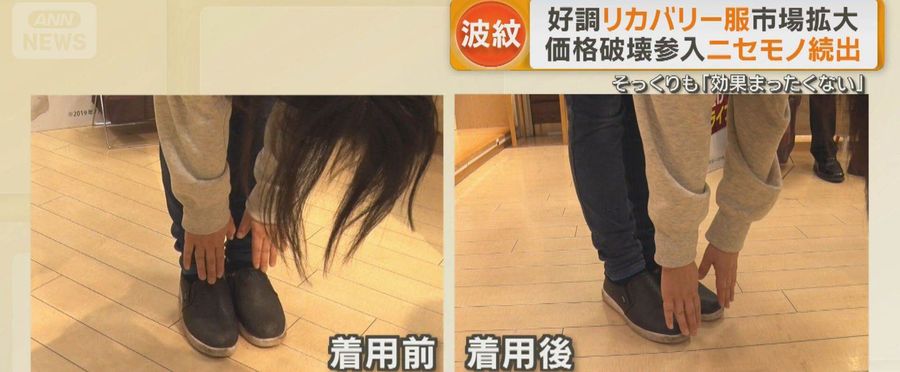The increasingly popular market for recovery apparel in Japan is facing a significant issue with counterfeit products. Numerous fake items are swamping the market, causing concern for manufacturers, consumers, and regulatory bodies alike. The authorities are urged to ramp up measures against counterfeiting to maintain the quality assurance and integrity of the marketplace. It remains pivotal to protect consumers, uphold consumer trust, and ensure the continued thriving of the local fashion industry.
Recovery apparel, clothing designed to support physical recovery and performance, is a booming industry in Japan due to growing health consciousness among the population. In Japan, quality assurance and trust in products are core concerns. The influx of counterfeit products not only negatively impacts the manufacturers' profits but also tarnishes consumers' faith in the industry. Legal measures against counterfeiting in Japan are robust, but the surge of counterfeit items calls for further reinforcement.
Similar issues have been encountered in markets like the US and EU where counterfeit fashion products represent a multi-billion-dollar problem. Though preventive legal measures exist, counterfeit industries continue to thrive due to e-commerce and global trade. Enforcement strategies vary somewhat; the US, for instance, leans more toward punitive measures, while the EU focuses on detection and prevention.

